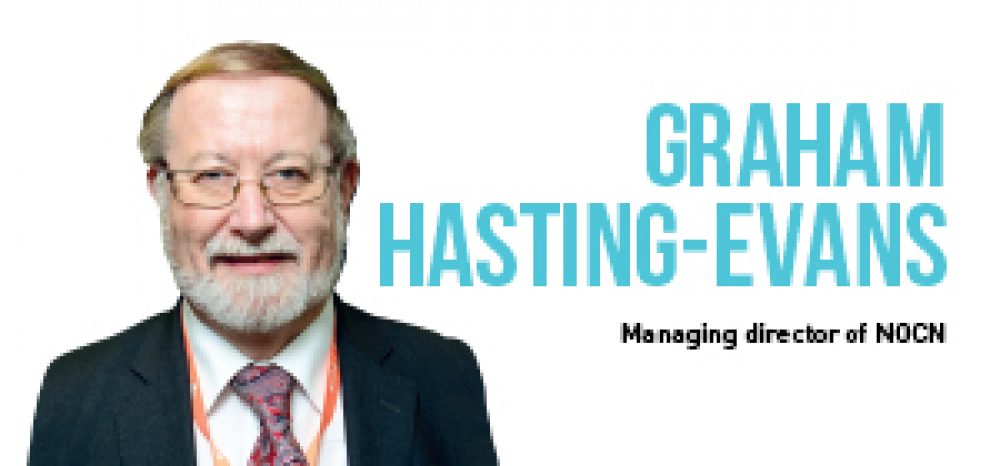Graham Hasting-Evans considers whether Lord Sugar’s quest for simply an ‘apprentice’ rather than, for example, a higher or intermediate one is a wise approach.
This month saw The Apprentice return to our screens for its 11th Series.
As ever, Lord Sugar and his aides had a firm grip on the 12 apprentice hopefuls picked for the show to fight it out and win £250,000 — and a business partnership with the man himself.
But while the BBC’s Apprentice may be a reality show, being an apprentice in reality is somewhat different.
This has lead me to consider when is an apprentice not an apprentice?
My question comes at a time when employers have escaped the reach of a government clampdown on ‘misuse’ of the word apprenticeship. Companies who run their own unfunded courses and label them ‘apprenticeships’ can continue to deliver such programmes in less than a year — without fear of a proposed magistrates’ court prosecution and fine.
Even firms that run internal ‘apprenticeship’ programmes with government funding not specifically for the official scheme will remain free from strict rules that apply to Department for Business, Innovation and Skills-funded apprenticeship provision.
Little wonder then that the apprenticeship ‘brand’ remains weak and continues to confuse many — despite the government’s pledge to create 3m more in the life of this parliament.
You don’t need me to tell you that apprenticeships are currently FE’s main focus and funding steam. The Conservative’s insistence on 3m apprentices in record-breaking time is enough to focus anyone’s mind.
But, does it really matter if we can’t create 3m apprentices by the end of this government and should every company be forced to have one or, do companies already have apprentices, but call them something else?
We seem to have developed a new language around apprenticeships. We have intermediate apprenticeships, apprenticeships, higher level apprenticeships and now degree apprenticeships.
Could companies, employees, providers and potential apprentices be holding back because of a lack of understanding and/or agreement of what an apprentice actually is? Do we risk being distracted from core learner needs by faddy terminology, trendy targets and politics?
In other words do we really need all these titles or do they just confuse it all and make us lose sight of what it’s all about?
To me, as someone who went through an engineering apprenticeship some years ago (we would probably call it a degree apprenticeship now), an apprenticeship is an apprenticeship. That is what it has been called throughout history and, in fact the word apprenticeship is commonly recognised. It’s always been a rite of passage to a defined and recognised job or a profession.
Do we really need all these titles or do they just confuse it all and make us lose sight of what it’s all about?
Does Lord Sugar, when he is looking for someone to join his business and management team look for a ‘high level apprentice’, or a ‘degree apprentice’? No.
The Skills Funding Agency’s ‘official’ definition of an apprentice is ‘a person who is employed and is embarking on a clearly defined significant period of both formal education and training mixed with practical work experience, under direction, to develop all the skills and competencies necessary to finally do a specific job role.’
The FE sector and other training providers train many for jobs that fit the ‘apprenticeship model’ (bricklayers, chefs, health care assistants, plant operators and rail technicians) but the model applies to many other jobs which may not have considered they have been through an apprenticeship — accountants, bankers, chartered engineers, doctors, lawyers and nurses.
Let’s recognise this reality and make sure we get the training and assessment resources in place to deliver 3m ‘high quality’ apprenticeships across the board.
And, by the way, a little bird tells me that Civil Servants are considering that the word ‘apprenticeship’ should be applied only when an apprentice is qualified — like the word graduate. I suppose a non-qualified apprentice might be called an ‘under apprentice’, which leads me to my final question — who’s going to tell Lord Sugar?









Your thoughts